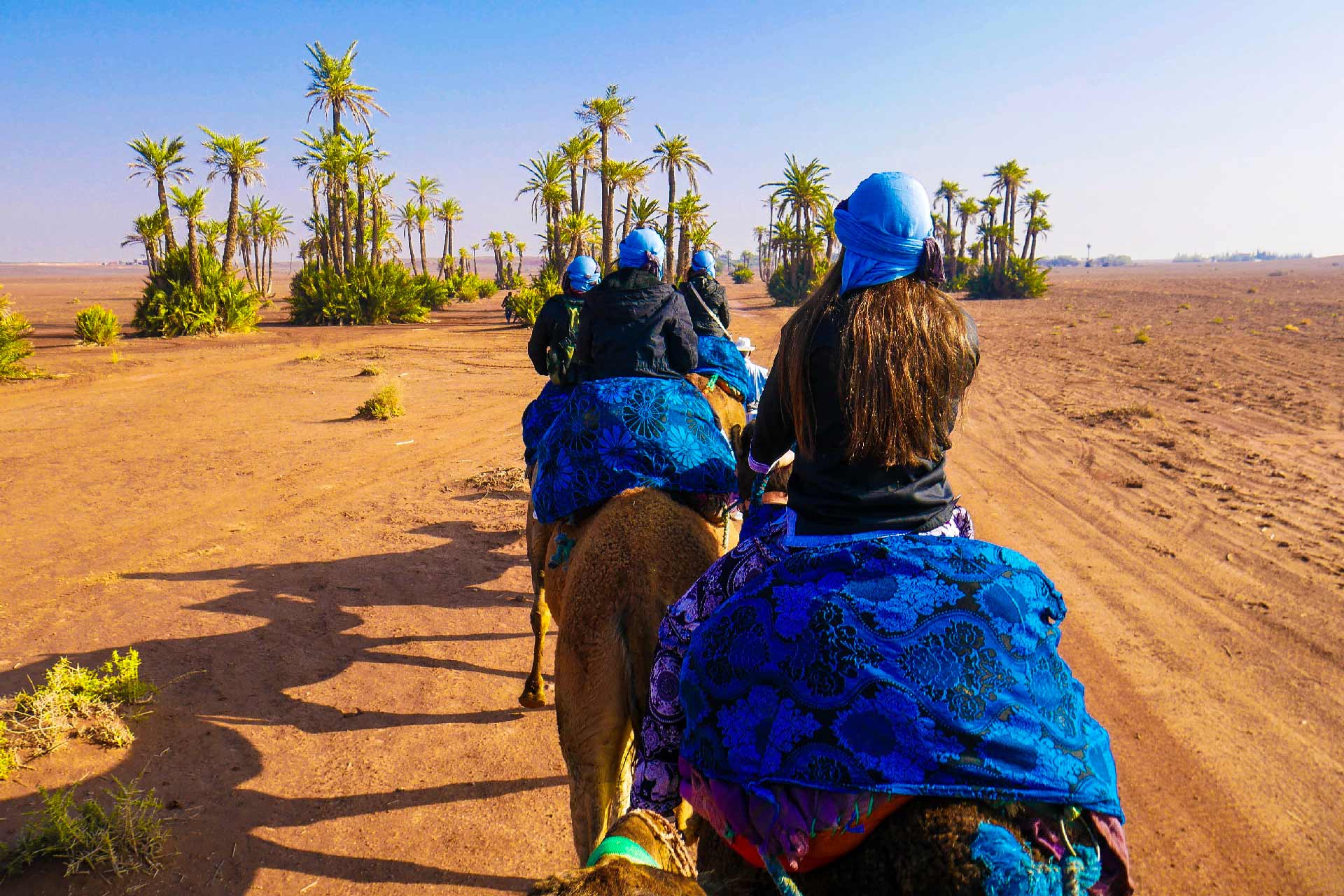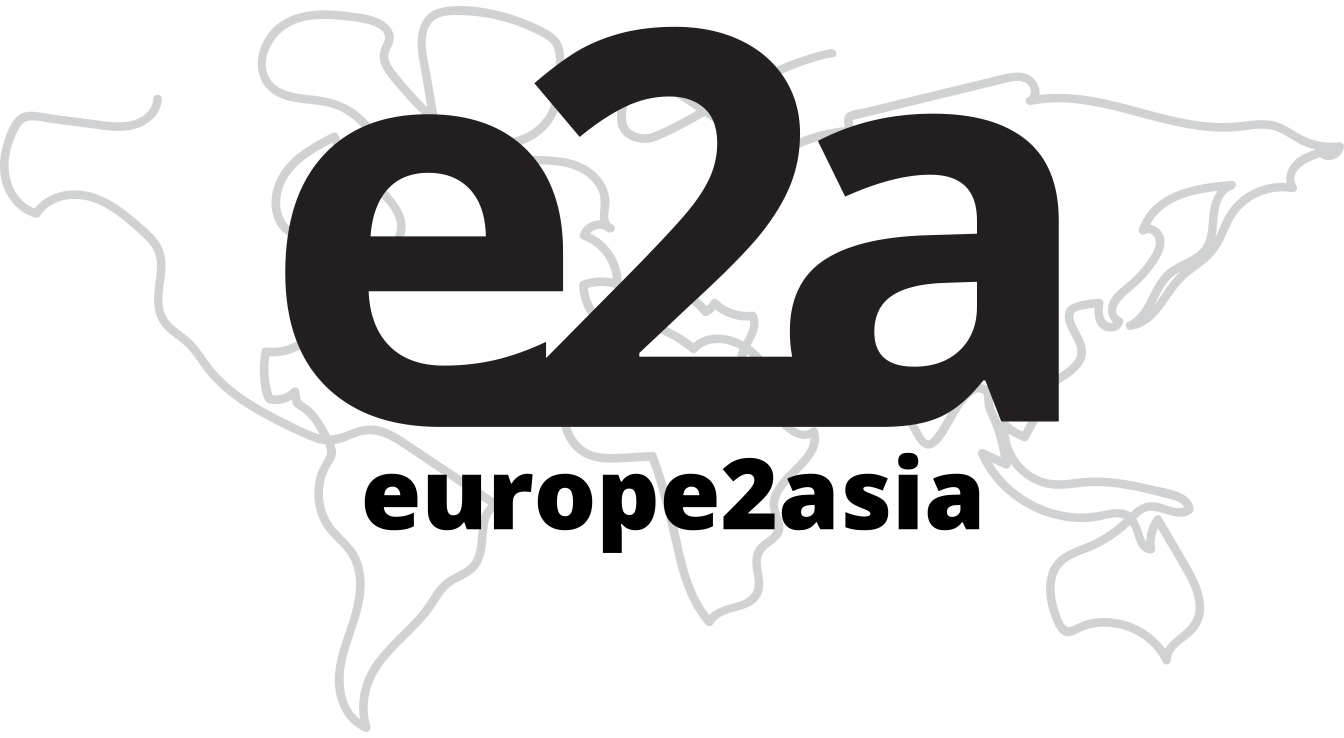Embarking on a journey through Southeast Asia is like stepping into a vibrant mosaic of cultures, landscapes, and flavors. However, amidst planning for awe-inspiring temples, lush jungles, and bustling street markets, travelers are often confounded by a critical, practical question: What is the best way to manage finances during their travels? The choices are varied – from the traditional approach of carrying cash in USD or EUR to using modern banking conveniences like debit and credit cards, and even adopting the latest trend of digital wallets such as Revolut and Wise. This exploration of financial strategies aims to ensure that managing your money is as effortless and enjoyable as exploring the wonders of Southeast Asia.
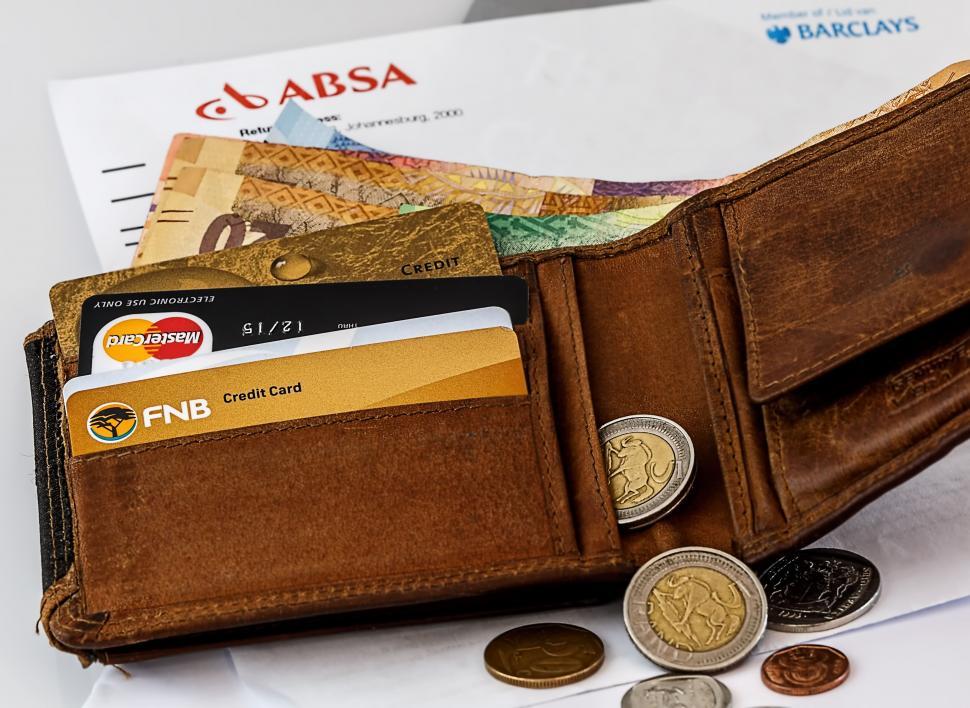
The Time-Honored Tradition: Carrying Cash
For many travelers, carrying cash in universally recognized currencies like USD or EUR has been a long-standing practice. This approach is particularly advantageous in Southeast Asia, where cash transactions remain prevalent. In the region’s lively markets, local food stalls, and especially in more remote areas, having cash in hand is not just convenient; it’s often essential. Despite its apparent advantages, carrying cash is not without its challenges. The primary concerns include the safety risks associated with carrying physical money, the often fluctuating exchange rates at different currency exchange outlets, and the general inconvenience of handling substantial amounts of cash.
Travelers should also be aware of the nuances of currency exchange. While USD and EUR are widely accepted, the exchange rates can vary significantly between locations. It’s essential to seek out reputable exchange services to get the best value. Furthermore, understanding a bit about the local currency and familiarizing yourself with the look and value of different denominations can enhance your market experiences and prevent any confusion during transactions.
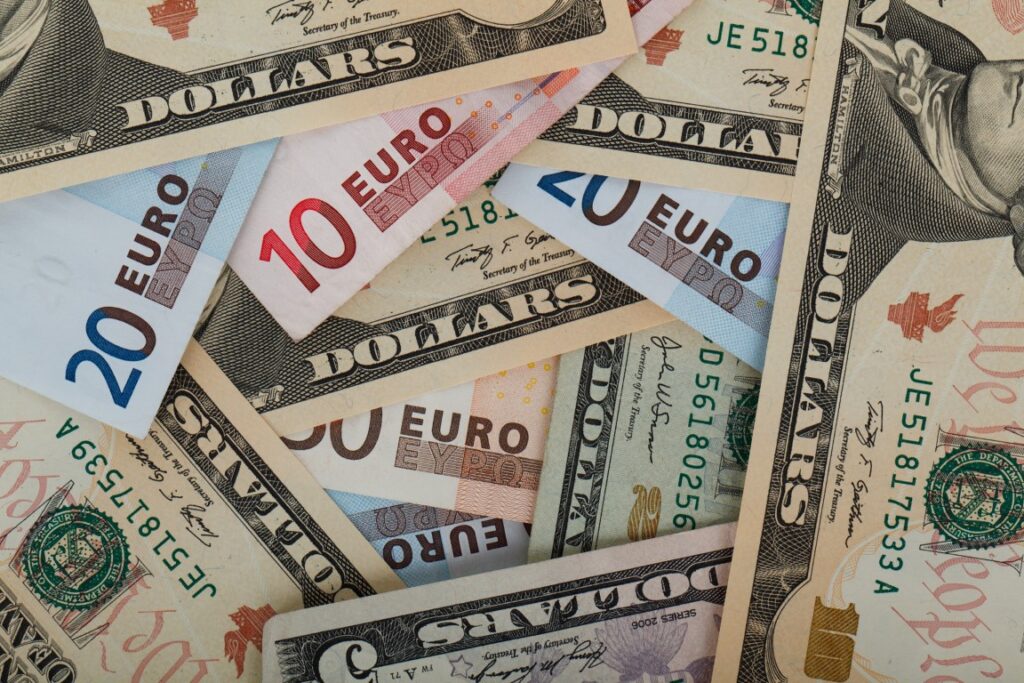
The Rise of Plastic Money: Debit and Credit Cards
In an era where digital banking is increasingly predominant, the use of debit and credit cards has become a common practice for travelers. In Southeast Asia’s urban areas and major tourist destinations, card transactions are widely accepted and offer a range of benefits. Cards provide a convenient and secure way to make purchases, often accompanied by better exchange rates than traditional cash exchanges. They also offer a safety net, as lost or stolen cards can be blocked, securing your funds.
However, relying solely on cards while traveling in Southeast Asia can present its own set of challenges. One of the primary concerns is the prevalence of international transaction fees, which can accumulate significantly over time. Additionally, the acceptance of cards is not universal, particularly in rural or less developed areas where cash is still the primary mode of transaction. Travelers should also consider the availability of ATMs, as this can vary greatly depending on the location, and be prepared for potential issues with card compatibility or technical glitches.
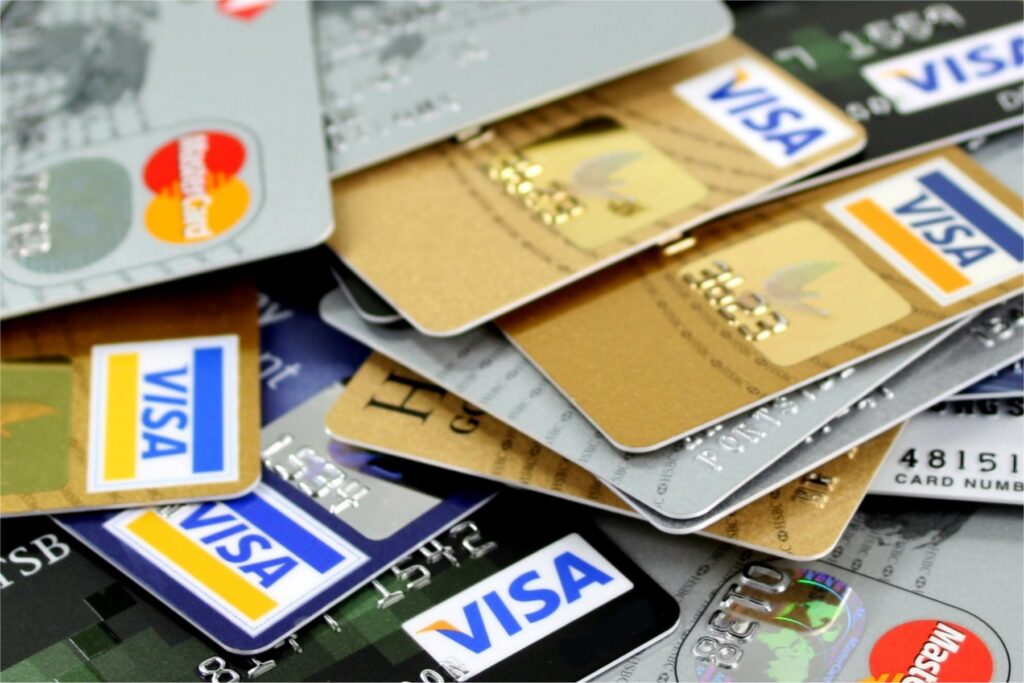
The Digital Wallet Revolution: Exploring Revolut and Wise
The advent of digital wallets like Revolut and Wise has brought about a revolution in travel finance management. These platforms have gained popularity among travelers for their convenience, cost-effectiveness, and security features. One of the most significant advantages of these digital wallets is their ability to provide real-time, interbank exchange rates. This often results in better exchange rates than those offered by traditional banks or currency exchange booths.
The security aspects of digital wallets are particularly appealing. The ability to instantly manage your account through a mobile app, including freezing your card if it gets lost or stolen, adds an extra layer of security to your travel finances. Additionally, these wallets support multiple currencies, a boon in a region like Southeast Asia where each country has its unique currency. This feature eliminates the need for multiple bank accounts or the hassle of frequent currency exchanges.
Another major advantage of digital wallets is the reduction in transaction fees. Compared to traditional bank cards, Revolut and Wise often have lower or no foreign transaction fees. This can lead to significant savings, especially for travelers who are on a prolonged journey. Furthermore, these services typically offer more favorable conditions for international ATM withdrawals, which is particularly useful in areas where cash transactions are predominant.
However, it’s important to remember that digital wallets require an internet connection for account management. Travelers should also be aware of the limits on free ATM withdrawals, as exceeding these limits can incur additional charges. The acceptance of digital wallet-linked cards is also not universal, and there might be locations where they are not accepted.

Crafting a Holistic Financial Strategy for Southeast Asian Travels
Given the varied financial landscape of Southeast Asia, adopting a multifaceted approach is often the most practical solution. Carrying a reasonable amount of cash for daily small expenses and using debit or credit cards for more substantial purchases is a sound strategy. Integrating a digital wallet into this mix adds an element of cost-effectiveness and convenience, making your financial management as diverse and flexible as the region itself.
Before you embark on your Southeast Asian adventure, notifying your bank of your travel plans can prevent unexpected card issues. It’s also wise to carry a backup option, such as an extra card or a hidden emergency cash reserve, to prepare for unforeseen circumstances.
Adapting to Country-Specific Financial Landscapes
Each country in Southeast Asia presents its own financial landscape. In technologically advanced cities like Singapore, Kuala Lumpur, and Bangkok, digital transactions are commonplace and often preferred. However, in countries like Myanmar, Cambodia, or in rural areas of Laos and Vietnam, cash is still the primary mode of transaction. Being aware of these differences and preparing accordingly is crucial for a smooth travel experience.
Understanding the local currency, its value against international standards like USD or EUR, and the prevailing exchange rates is important for making informed financial decisions. Always aim to exchange your money at reputable outlets and be wary of too-good-to-be-true rates, which might be indicative of scams.
Conclusion: Financial Savvy for Southeast Asian Adventures
Navigating through the financial options for your travels in Southeast Asia requires a blend of traditional methods and modern digital conveniences. By thoughtfully planning and adopting a comprehensive approach to managing your money, you ensure that your journey through this vibrant region is as enriching and trouble-free as possible. With your bags packed and your wallet prepared with a mix of cash, cards, and digital solutions, you’re all set to embark on an unforgettable adventure across Southeast Asia, where ancient traditions meet modern innovation in a symphony of experiences.



